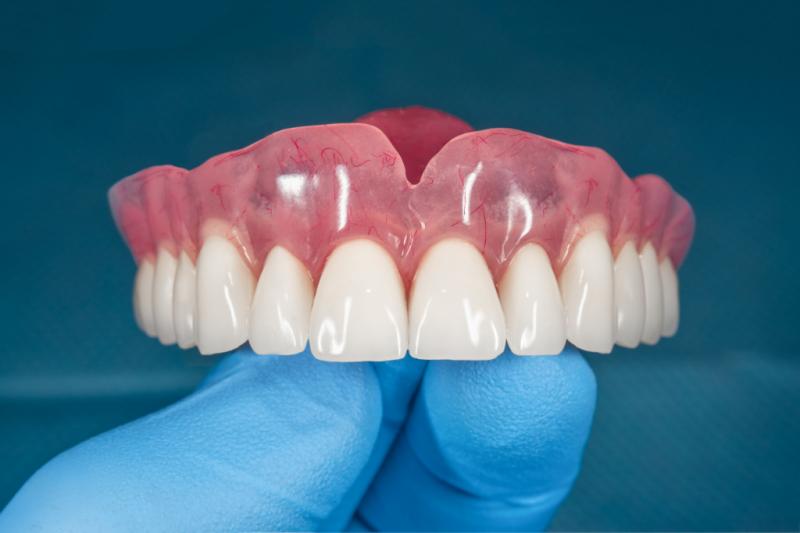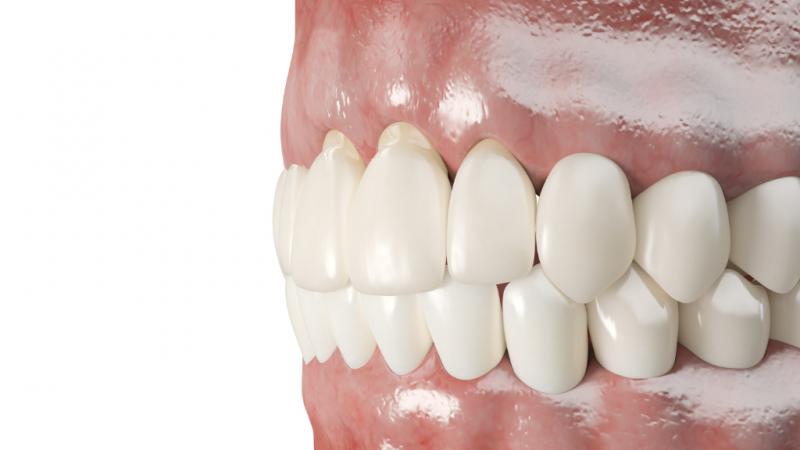Top 5 Dental Problems In Older Adults And What To Do About Them

You’re likely to experience several dental issues in your lifetime, either minor or major. As you grow older, there’s a likelihood of dental issues becoming a concern. Therefore, it’s crucial to know about these common issues to help you prevent them. Also, you might be taking care of an older adult who has started developing dental problems. How will you help them deal will the issue? This article highlights the common dental problems, including how to handle them. Read on!
- Tooth Loss
Tooth loss is quite common among the aged, meaning you’re likely to experience it as you grow old. This problem arises when your gum loses its ability to hold your teeth in place. This causes them to fall off on their own. Tooth loss arises from many issues, mainly progressed dental issues that you didn’t address early, such as cavities and decay.
With tooth loss, the main solution is utilizing dentures. Dentures can be partial or complete; you’ll use partial dentures if some of your teeth are still intact. However, if you’ve experienced total teeth loss, you’d have to go for full dentures. As you utilize dentures, it’s essential to keep them clean regularly. The dentist of your choice will advise you on how to take care of them correctly.
- Dental Erosion
Dental erosion is the wearing out of your tooth enamel. This problem arises with long-term exposure to acidic food and beverages like coffee and tea that erodes your enamel. This is very common with older adults as most of them have developed tea-taking habits.
With erosion, you’re likely to experience sensitivity due to the thinning enamel, which exposes some of your tooth nerves. When dealing with dental erosion, the main solution is to get crowns as the damage to your teeth is often irreversible. Your dentist will fit the crown over your eroded tooth, completely covering it up.
The other option is dental bonding. Here, the dentist will use tooth adhesive to apply resin over your eroded enamel. It’ll cover up the damaged parts of the enamel.

- Receding Gums
Receding gums is where your gum tissues pull back, exposing more of the teeth’s surface. This makes your teeth look elongated and might lead to sensitivity due to the exposed parts that are normally covered.
This problem occurs with prolonged poor dental care, smoking, excessive brushing, and teeth grinding. In some situations, genetics is a contributing factor.
The treatment of gum diseases depends on the extent of the damage. If not severe, your doctor might ask you to change your oral hygiene habits, such as brushing too hard, and ask you to utilize a soft-bristled brush.
On the other hand, extreme cases require surgery through a procedure called gum grafting. With gum grafting, the dentist will use the soft tissue of your mouth to cover up the exposed parts of your teeth.
- Tooth Decay
The possibility of developing tooth decay increases with age. This is due to prolonged exposure to tooth decay-causing substances. Some of the causes of tooth decay are sugar exposure and poor brushing practices. By the time you’ve aged, you’ve exposed your teeth to enough sugary substances which eat away your teeth.
The issue also worsens as there’s a high probability of having difficulty brushing. Brushing requires you to exert some force to remove substances stuck on the tooth. As an older person, you might lack the strength to do so regularly, especially if you suffer from some ailments, such as arthritis. Arthritis reduces the ability to move your limbs properly like, in this case, your hands.
Another cause is the lack of saliva in the mouth. Once again, this is more prevalent with old age, maybe due to medication. Saliva is more or less responsible for washing away any food particles in your mouth. With minimal saliva, the substances stick to your teeth, leading to decay with time.
Now, how do you go about tooth decay? One of the basic solutions is regularly brushing your teeth. If this is a problem for you, ask a family member to assist you. Alternatively, invest in an electric toothbrush. With this, you won’t need to struggle to exert pressure to get rid of food particles. It’s also best to avoid sugary food and drink a lot of water to help with saliva production.
- Gum Disease
Gum disease is also known as periodontitis; it’s a problem that arises with gum infection. This problem has varying symptoms, with the most common ones being swollen and tender gums and spitting of blood as you brush your teeth. In extreme cases, you might see pus between your gums and teeth.
The most common cause of gum disease in older adults is a weak immune system, with other causes being a lack of nutrients, cancer treatments, some medications, and others.
Treatment often involves scaling, which is a form of cleansing method that removes any bacteria causing the infection, all the way from the roots of your teeth.
Conclusion
This article has shared the most common dental problems you’re likely to experience in old age. With this information, it’s best to start taking care of your dental health today before you start aging to prevent these issues. If you have any of the ones mentioned above, worry not; there are proficient dentists who’ll assist you accordingly.
Dental care is essential and quite simple to achieve; all you must do is brush and floss your teeth regularly, refrain from eating food that deteriorates your teeth and have regular dental checkups. Dental checkups will help your dentist identify issues in their early stages, allowing them to reverse the situation before the issues become irreversible.
More to Read:
Previous Posts:








